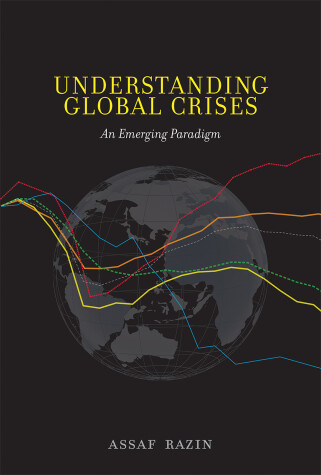From Malthus to Becker, the economic approach to population growth and its interactions with the surrounding economic environment has undergone a major transformation. Population Economics elucidates the theory behind this shift and the consequences for economic policy.From Malthus to Becker, the economic approach to population growth and its interactions with the surrounding economic environment has undergone a major transformation. Population Economics elucidates the theory behind this shift and the consequences for economic policy. Razin and Sadka systematically examine the microeconomic implications of people's decisions about how many children to have and how to provide for them on population trends and social issues of population policy. The authors analyze how these decisions affect labor supply, consumption, savings and bequests, investments in human capital, and economic growth, along with related new issues such as migration and income redistribution across generations, in an integrated microeconomic framework. Population Economics is a thoroughly modern treatment of population economics as a field in public economics. It integrates and extends Marc Nerlove's Household and Economy: Welfare Economics of Endogenous Fertility, as well as work written jointly with colleagues that has appeared in various journals and other publications.
- ISBN10 0262517221
- ISBN13 9780262517225
- Publish Date 1 January 2003 (first published 2 February 1995)
- Publish Status Inactive
- Out of Print 22 January 2025
- Publish Country US
- Imprint Mit Press
- Format Paperback (US Trade)
- Pages 285
- Language English
- URL https://penguinrandomhouse.com/books/isbn/9780262517225
